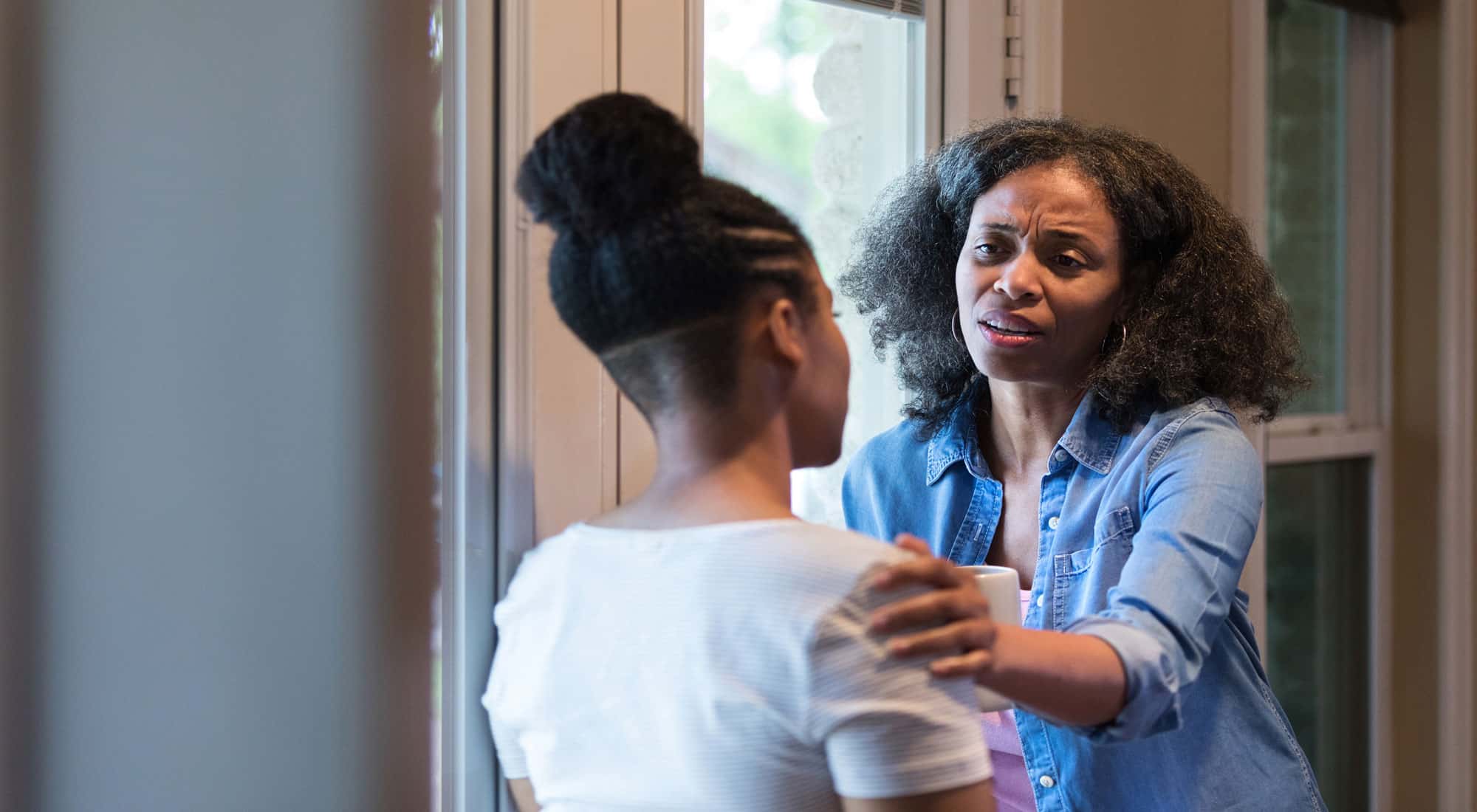
Why Isn’t My Child Succeeding?
By Beau Black It’s common to worry about your child’s future, and it can be frustrating to see them struggle in school or life. For some children, issues can arise as a result of trauma. Others may not have learned the skills that enable them to succeed. If you’re… Read More









